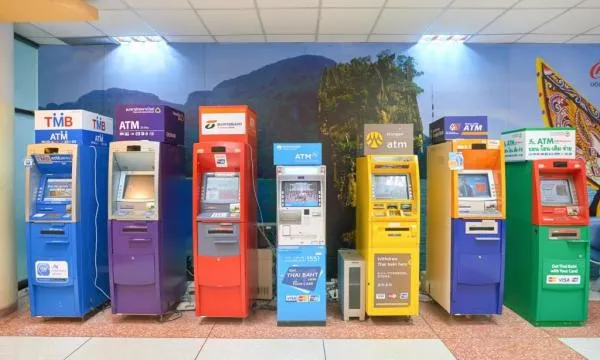
Thai banks to be hit by higher rate of SME loan delinquencies
The ratio of non-performing SME loans hit 4.5% at end-March 2017.
SMEs are still reeling from the economic slowdown of the past few years, so Moody's expects a higher rate of delinquencies in this segment, which made up 38% of loans in Thailand's banking system at end-March 2017, the largest share for a single borrower group.
Here's more from Moody's:
The impact of the economic slump, coupled with tighter credit supply with banks restricting lending to this segment, has been particularly severe for small businesses with annual revenue of THB 40–THB 50 million ($1.2-$1.5 million), which accounted for about half of SME loans at end-2016.
The ratio of non-performing SME loans jumped to 4.5% systemwide at end-March 2017 from 3.5% at end-December 2015, pushing up the overall NPL ratio to 3.4% from 2.9% over the period.
Another sign of stress among smaller businesses is accelerating growth in restructured loans, bulk of which we believe are in the SME segment. At our rated commercial banks in Thailand, restructured loans that are not classified as NPLs increased to about 3.5% of gross loans in 2016 from 2.9% in 2015.
While shares of restructured loans turning into NPLs vary across individual banks and sectors, data from some banks show that about 20-25% of their restructured loans have become NPLs in the past two to three years. Hence, increases in restructured loans are a major asset risk for the system.
On the bright side, for exposures to SMEs focused on wholesale and retail, a sector that has experienced a significant slowdown, net NPL formation has moderated, indicating that the effects of the economic recovery are trickling down.






![Lorem Ipsum [ABF 1]](https://cmg-qa.s3.ap-southeast-1.amazonaws.com/s3fs-public/styles/exclusive_featured_article/public/2025-03/a_hand_pointing_to_a_futuristic_technology_5b87c9d0e3_1.png.webp?itok=2w0y1WhS)


![Cross Domain [Manu + SBR + ABF + ABR + FMCG + HBR + ]](https://cmg-qa.s3.ap-southeast-1.amazonaws.com/s3fs-public/styles/exclusive_featured_article/public/2025-01/earth-3537401_1920_4.jpg.webp?itok=WaRpTJwE)








 Advertise
Advertise

